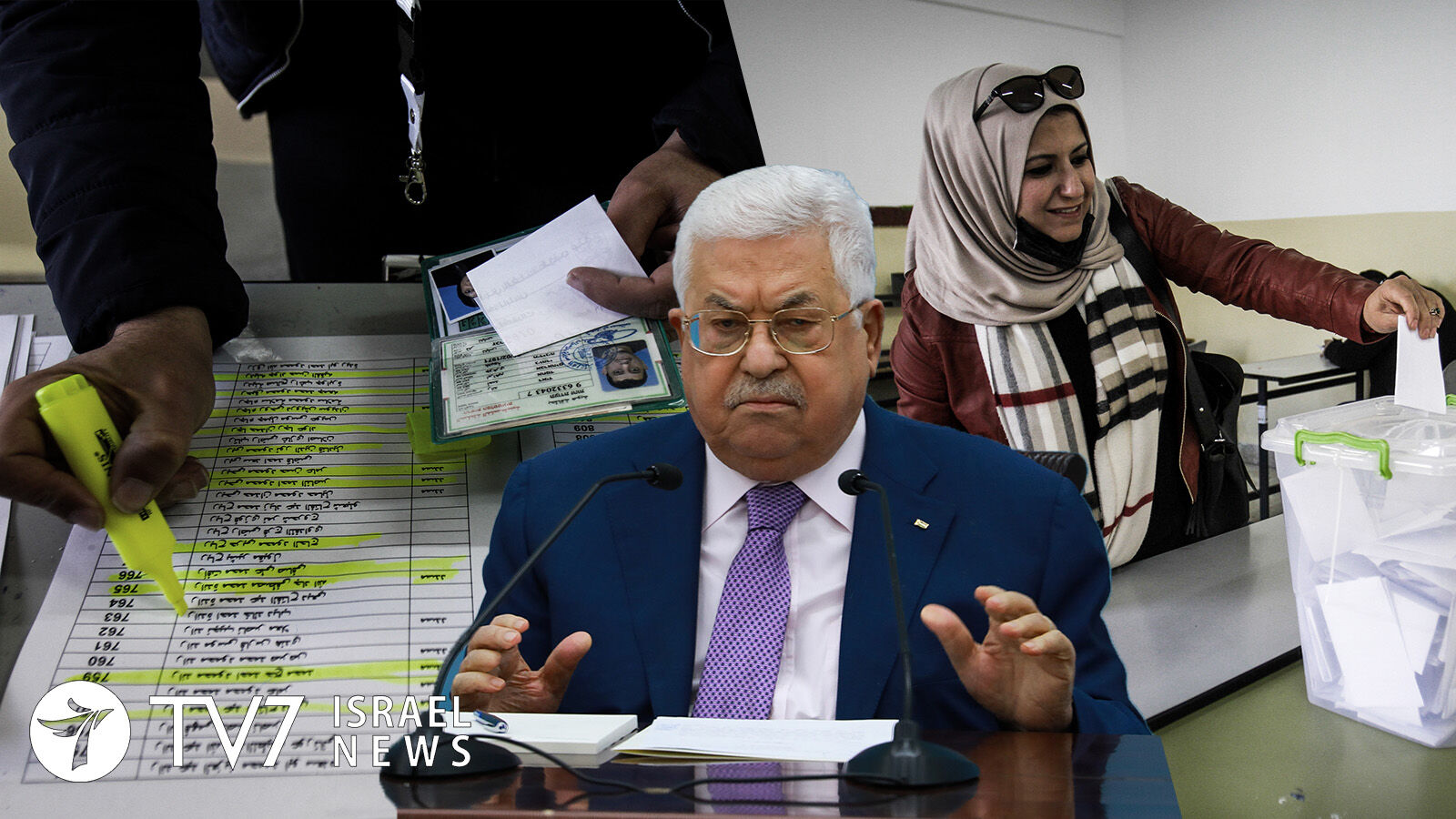Palestinians voted in West Bank municipal elections this past week, in a rare democratic exercise against a backdrop of rising anger over the cancelation of legislative and presidential votes by President Mahmoud Abbas last May.
By Erin Viner
The Islamist Hamas rulers of Gaza boycotted the municipal elections, as it previously did in 2012 and 2017.
The terror group is the main opposition party to its bitter rival, the Ramallah-based Palestinian Authority led by Abbas’ Fatah faction. A spokesman said the organization “refuses to participate in partial elections that are tailored to Fatah, and conducted by the Palestinian Authority,” and demanded that Abbas reschedule the wider votes.
Hamas has enjoyed a surge in popularity in the West Bank and predominantly Arab-populated neighborhoods of east Jerusalem since fighting an 11-day war with Israel in May. The group won student council elections this year at several top West Bank universities, which is viewed as an important barometer of support.
Hamas won the Palestinians’ last legislative election in 2006. The following year it waged a brutal civil war with Fatah, seizing Gaza over which it has since ruled.
Abbas ‘postponed’ 22 May parliamentary and 31 July 2021 presidential votes which would have been the first Palestinian elections in 15 years. The 86-year-old Abbas was elected to a 4-year term in 2005, and the elections were expected to have been a referendum on his rule.
Israel and Western nations quietly welcomed the decision due to projections that the internationally-recognized Islamist Hamas terror group would make major gains over Fatah.
Abbas and his allies were also trailing in the polls to challengers from within his own Fatah faction which had split into three rival lists.
In an apparent attempt to divert focus to the perceived common enemy Israel, Abbas made no mention of internal Palestinian clashes while declaring there would be “no compromise” over by Arab residents in Jerusalem, and that the polling would be delayed until the participation of residents in the city was “guaranteed.”
Jerusalem is at the heart of the Israeli-Palestinian conflict. The contested city was divided after Israel’s 1948 War of Independence and reunited after Israel captured the eastern side from Jordan in the 1967 Six Day War. Israel legally annexed that territory in 1980 and regards Jerusalem as its indivisible capital, while Palestinians want the eastern sector for their future state.
Hamas immediately condemned Abbas’ decision as “a coup” and a violation of ”the national consensus and popular support” for new elections. Demonstrators gathered throughout the Palestinian territories to protest the move. “The people want to go to the ballot box!” chanted crowds in Ramallah.
The Hamas decision to boycott this week’s municipal elections not only banned Palestinian residents of Gaza from voting, but also led to a lack of political party affiliation in campaigning on the West Bank; largely leaving the race to traditional clan-based lists and issue-based groups.
The lack of any candidates or unfinalized lists in 60 West Bank villages, combined with the automatic election of sole candidates in 162 other locales, meant the elections were only held at 154 locations.
“These elections cannot be an alternative to legislative elections,” said Ahmad Issa, 23, told Reuters outside a polling station in the West Bank village of Bir Nabala.
More than 400,000 Palestinians were eligible to cast ballots in the municipal vote, which is typically held every four or five years.
